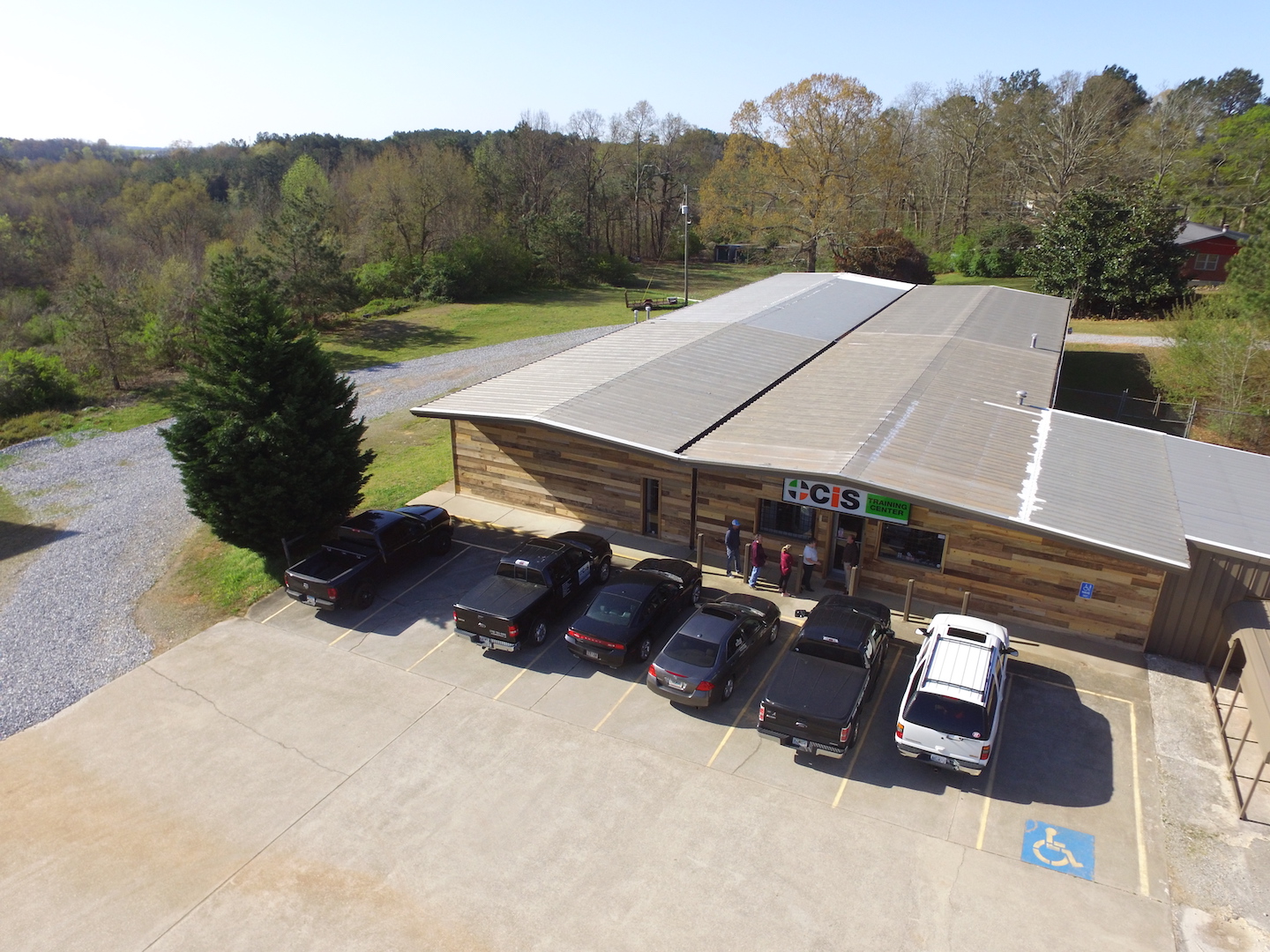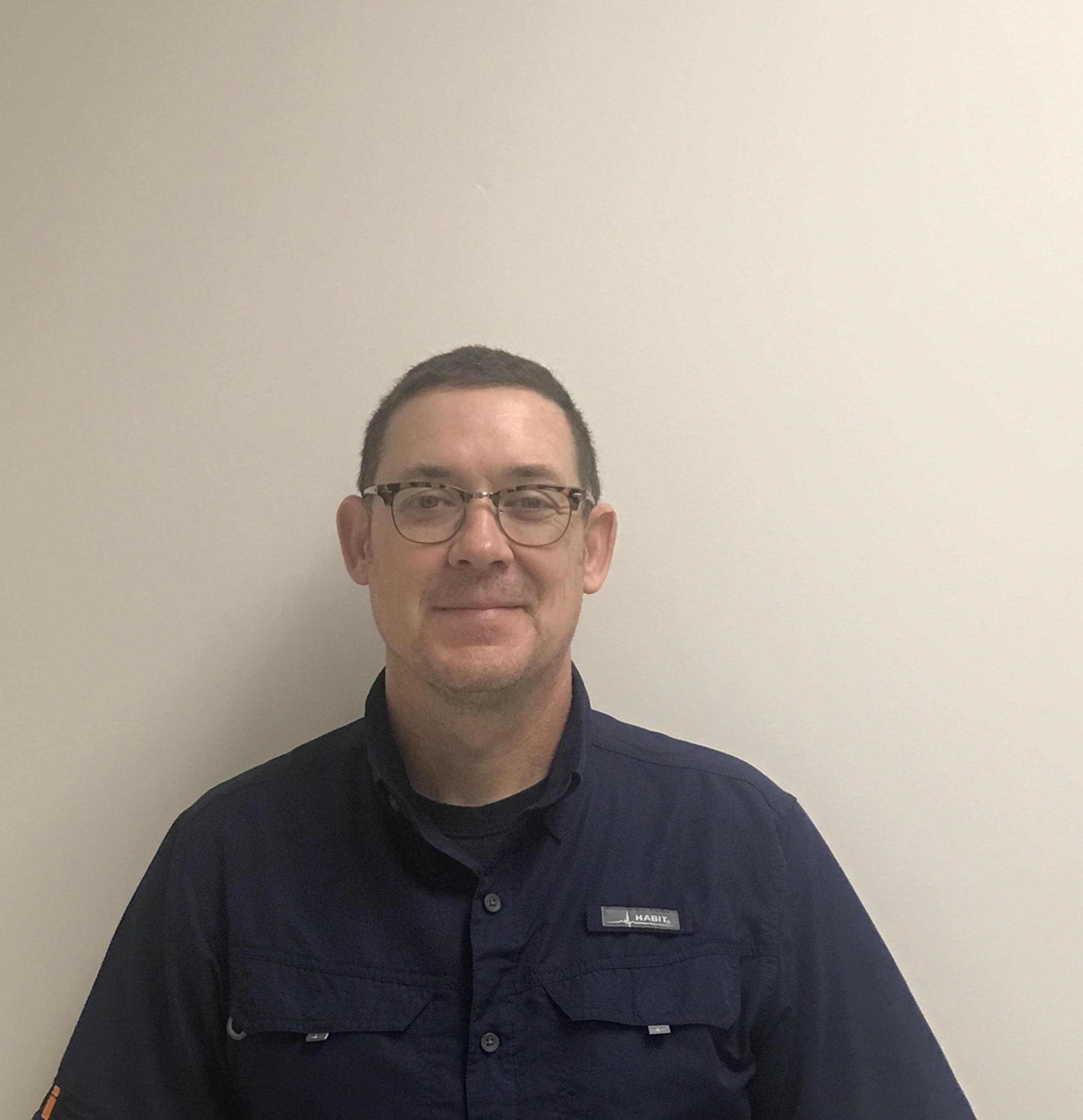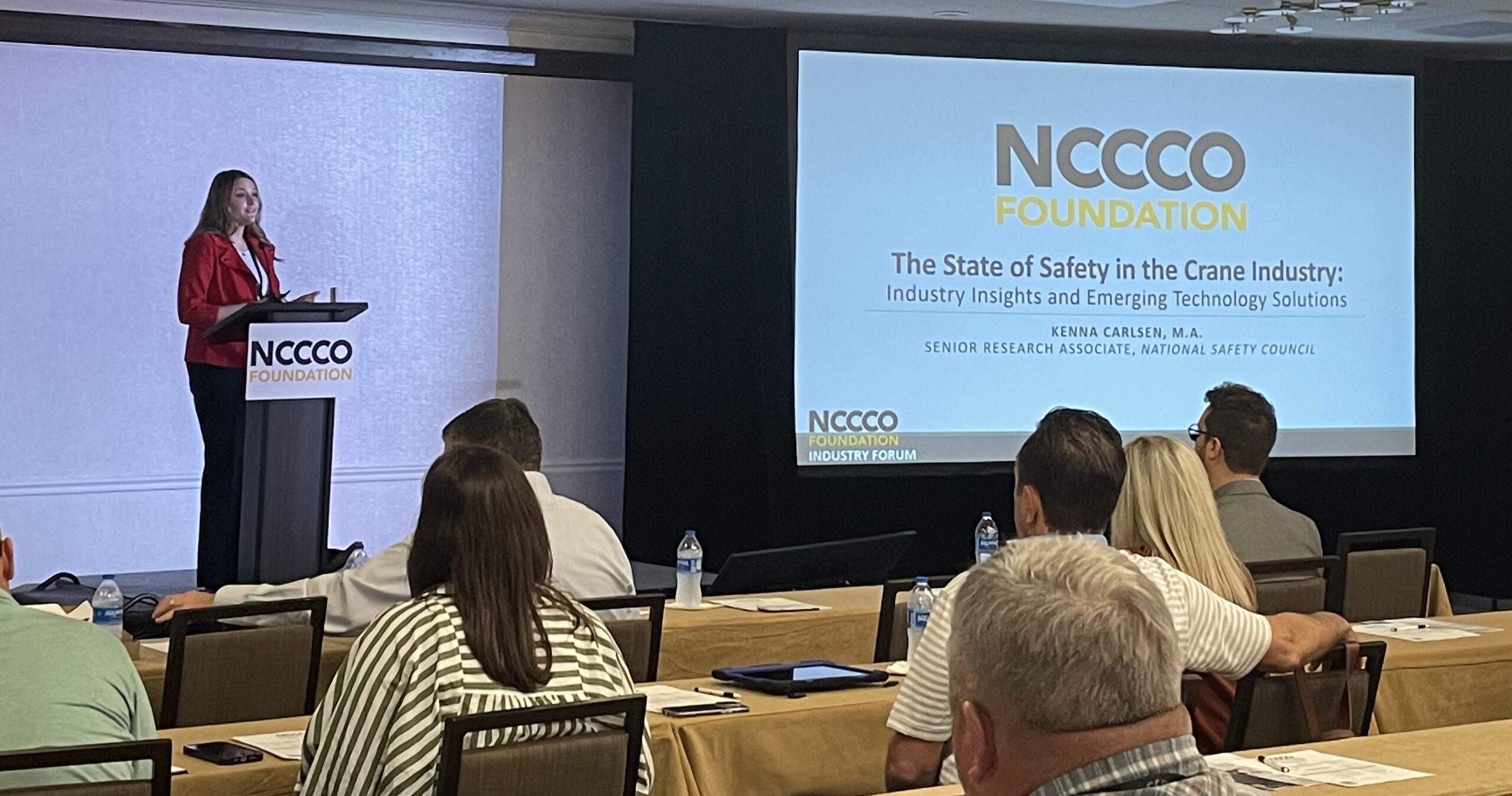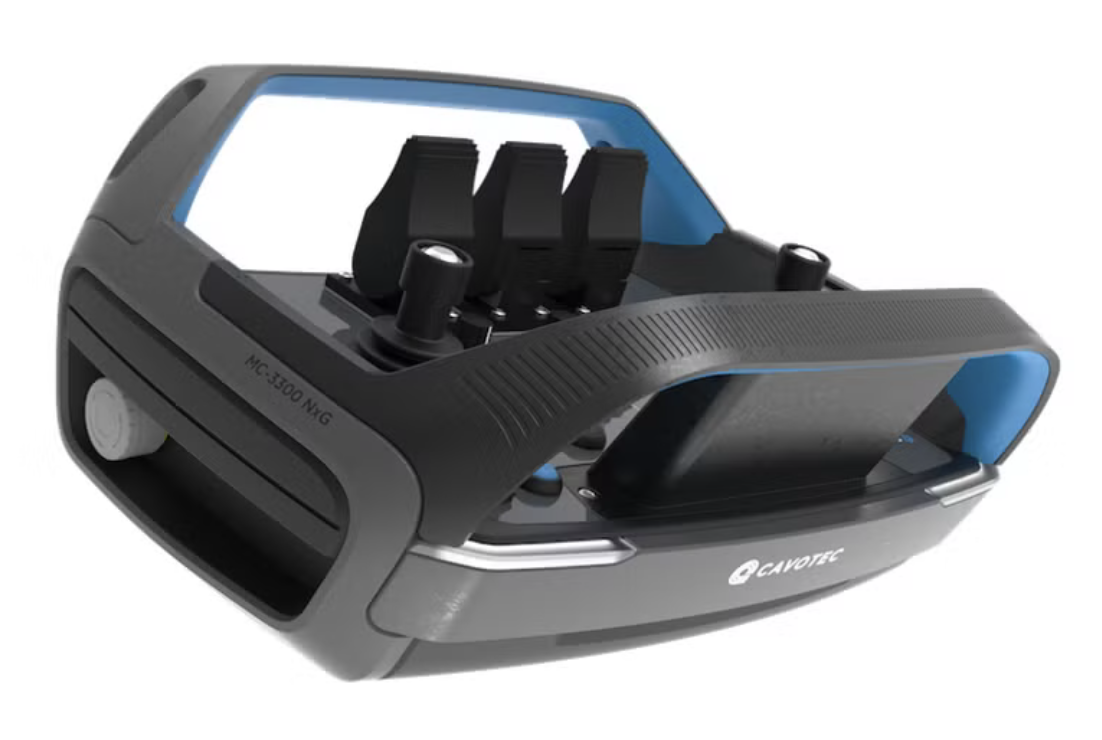Crane Industry Services Relocates, Names New Staff
Crane Industry Services LLC (CIS) has relocated to a new larger facility that offers broader skills assessment and training programs to meet current business demands. The new Centered on Safety Training Center is located at 2692 Hwy. 27 N, Carrollton, Ga. The 8,892-sq. ft. facility is situated on about 3.5 acres of land, convenient to the Atlanta airport, West Georgia and Birmingham, Ala.
The new facility features multiple training rooms, an NCCER testing center, a simulation room, land for crane training and two warehouses for hands-on training. Previously the Centered on Safety Training Center was located on the West Georgia Technical College campus. “Our partnership with West Georgia Technical College continues, but this new facility allows us the space to now offer skills training in welding, electrical, millright, and carpentry, as well as rigging and crane operation,” said Debbie Dickinson, CEO of CIS. “While CIS’s expertise is skills training for workers in construction, energy, and heavy industrial markets, our sister company Instructional Dimensions and corporate partnership with ELA Consulitng Group, also provides executive leadership training and boot camps,” said Dickinson.
With the opening of the new facility, CIS can now offer assessment and training after hours and weekends to meet the needs of customers who must work training around job schedules.

The new Centered on Safety Training Center is located at 2692 Hwy. 27 N, Carrollton, Ga.
New team members
As CIS has expanded its services, two new staff members have joined the team—Fred Robinson, Business Relationship Manager and Shawn Galloway, Crane & Rigging Trainer.
Robinson brings decades of experience in business development and leadership managing complex government service projects. His primary responsibilities include helping CIS customers to receive optimal value from their CIS training. “Fred has a servant’s heart and is passionate about helping people do their job safely,” said Dickinson.

Fred Robinson, Business Relationship Manager
Galloway has more than 25 years of experience in Construction, Military, and Industrial sectors, and is cleared for work in safety sensitive areas. In addition, using his previous experience writing training protocols for unmanned aerial vehicle operations in the military, including drone tactical standards for the U.S. Army, Navy, Air Force, and Marines.

Shawn Galloway, Crane & Rigging Trainer
Galloway is applying this experience to the development of a Skills Measurement Record for simulators in crane training. “First, we identify the most common skills needed, and the most critical skills. We build scenarios for the simulator based on that and write curriculum, evaluations, and metrics to measure performance specific to the utility company’s training needs,” he explained. While the protocol would be customized to each employer and the skill level of employees, it provides a foundation for establishing how much simulator training is needed to achieve a certain skill level.






